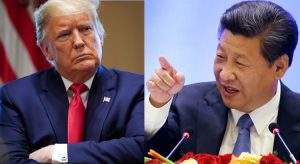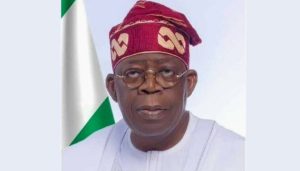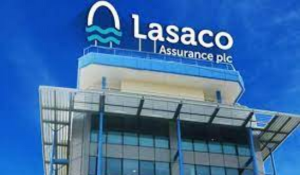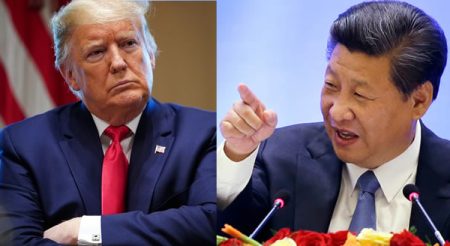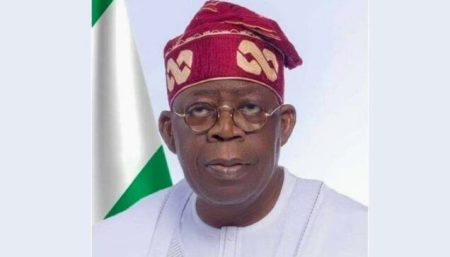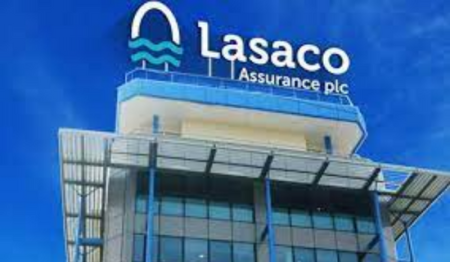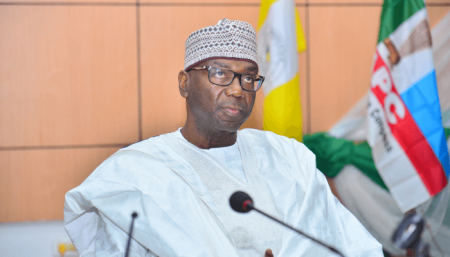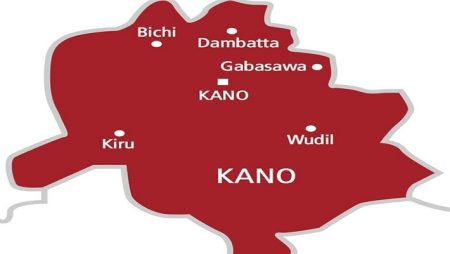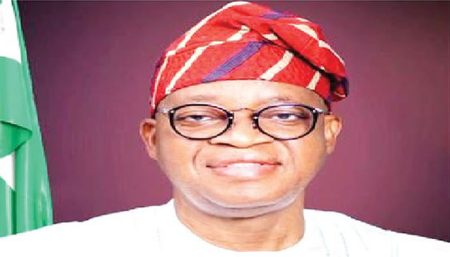The Nigerian Federal Government has embarked on a transformative journey to bridge the nation’s digital divide, launching a pilot digital village project in the rural community of Ibwa 2, located in the Gwagwalada area council of the Federal Capital Territory. This initiative, a cornerstone of the government’s broader digital inclusion strategy, aims to provide free internet access and digital services to underserved communities, ultimately integrating all citizens into the burgeoning digital economy. The project addresses the stark reality that millions of Nigerians lack access to basic telecommunications, hindering their participation in essential services and opportunities. This pilot program serves as a tangible first step towards achieving the President’s mandate to invest in approximately 7,000 telecommunication towers across the nation, extending connectivity to even the most remote areas.
The Ibwa 2 community, with a population exceeding 12,000, represents a microcosm of the challenges faced by unconnected communities across Nigeria. The lack of connectivity has far-reaching consequences, impacting access to financial services, healthcare, education, and even governance. The digital village project directly addresses these challenges by providing not only basic mobile connectivity but also a suite of integrated digital services, including telemedicine and remote education. The provision of community-wide Wi-Fi access further empowers residents to connect with the global community and access a wealth of online resources, bridging the gap between rural and urban experiences. This holistic approach ensures that the benefits of digital technology extend beyond mere communication, fostering sustainable development and empowering communities to thrive in the digital age.
The digital village project transcends simple internet provision; it represents a comprehensive approach to empowering communities through technology. The partnership with Huawei, a global technology leader, has facilitated the deployment of advanced telemedicine equipment, enabling healthcare professionals in Ibwa 2 to consult with specialists in major cities like Abuja. This real-time connectivity significantly enhances the quality of healthcare available to the community, overcoming geographical barriers and ensuring access to expert medical advice. Furthermore, the project addresses educational disparities by enabling remote teaching, allowing qualified educators from urban centers to connect with students in Ibwa 2, enriching the learning experience and expanding access to quality education regardless of location. This integration of technology into essential services signifies a paradigm shift in service delivery, leveraging digital tools to address long-standing challenges and improve the quality of life for rural communities.
Central to the success of the digital village project is the emphasis on affordability and accessibility. Recognizing that device affordability remains a barrier to digital inclusion, the Ministry of Communications, in collaboration with Huawei, donated 125 affordable smartphones to the community. These devices, priced at approximately $25 each, represent a significant step towards ensuring that cost does not preclude participation in the digital economy. This initiative underscores the commitment to making technology accessible to all Nigerians, regardless of their economic status. The ministry’s exploration of local manufacturing options for affordable devices further demonstrates a long-term vision for sustainable digital inclusion, fostering local industries and creating employment opportunities while ensuring access to essential technology.
The partnership between the Ministry of Communications, Innovation and Digital Economy, Huawei, and Globacom underscores the importance of collaboration in achieving ambitious goals. Huawei’s provision of cutting-edge technology, combined with Globacom’s robust telecommunications infrastructure, forms the backbone of the digital village project. This synergistic approach leverages the strengths of each partner to deliver a comprehensive and sustainable solution. Globacom’s commitment to extending connectivity to underserved communities, coupled with the ministry’s strategic vision, ensures that the project aligns with national development goals and contributes to the overall digital transformation of Nigeria. The emphasis on community ownership and sustainability highlights the long-term perspective of the project, empowering local residents to maintain and manage the infrastructure, fostering a sense of ownership and ensuring the project’s continued success.
The launch of the digital village pilot project in Ibwa 2 marks a significant milestone in Nigeria’s journey towards a digitally inclusive future. It serves as a testament to the government’s commitment to bridging the digital divide and empowering all citizens to participate in the digital economy. By providing free internet access, enabling telemedicine and remote education, and ensuring access to affordable devices, the project addresses key barriers to digital inclusion. This holistic approach, coupled with the strong collaboration between government, industry leaders, and the local community, positions the Ibwa 2 pilot as a model for future digital village projects across Nigeria. The project embodies the vision of a connected Nigeria where access to technology and its transformative power are not determined by geography, but are a fundamental right for all citizens.


